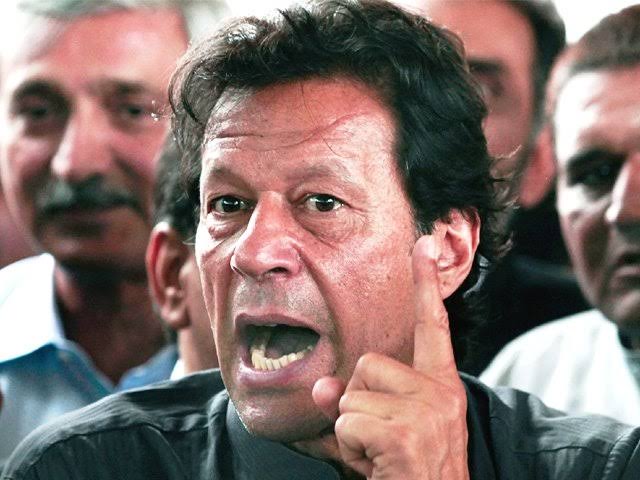
Pakistan’s political instability continues to grow. As columnist and author Zahid Hussain notes, while the PTI “is clearly dominating the political narrative” but will Imran Khan be “maintain to the momentum with his populist rhetoric?” His recent jalsa in Lahore was “a well-choreographed show on the country’s independence anniversary in the political heartland that continued beyond midnight. The overall content of Imran Khan’s speech of more than an hour may not have been very different from his past speeches but the tenor certainly was, with no mention of the ‘neutrals’ playing dirty.”
Further instead of attacking the army, or threatening to storm the federal capital, Khan instead “has decided to contest all nine seats on which polls have become due after the acceptance of the resignation of some PTI lawmakers.” However, as Hussain notes, “the move could prove to be a great political gamble. Even if he wins all the seats, it is not going to change the power dynamics.” Further, “it could only keep the country engaged in purposeless electoral activities and in a perpetual state of instability.”
Shehbaz Sharif government is unable to present a more effective policy narrative. Dynastic politics, the open and public in some ways internal struggle within the Sharif family all play into PTI’s narrative. Further, “some of the hard measures taken by the finance minister may have helped stem the free fall of the economy but it’s not clear whether he is fully in charge given the constant interventions from London. That has also been the reason for some delayed action that makes it more difficult to stop the slide.”
The government is also “increasingly relying on the security establishment to deliver on both the economic and foreign policy fronts. It was unprecedented for an army chief to phone the US deputy secretary of state to push the IMF into immediately releasing nearly $1.2 billion that Pakistan is due to receive. The army chief reportedly made similar calls to the leaders of Saudi Arabia and some Gulf countries, apparently for financial support for the country.”
It is a very serious situation with no political solution in sight. Political uncertainty makes it harder to stabilize the economy. Even early elections are not going to resolve the political crisis in this atmosphere of confrontation. It is an extremely unfortunately position for a county that has just celebrated the 75th anniversary of its independence.
Seventy-five years after independence, Pakistan’s crises continue. While Imran Khan is relishing his victory in recent by-elections in Punjab he is under pressure from the courts and has been unable to follow through on his threats to storm the capital and force elections. On the other hand, while the PML-N led government has managed to stave off the immediate pressure from Khan and his supporters, they are increasingly dependent upon support from the establishment. This does not bode well for the country.
![]()





